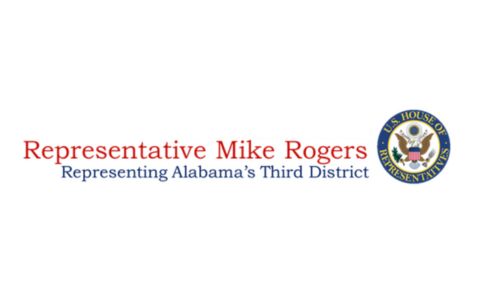Washington D.C. – U.S. Representative Mike Rogers (AL-03) has expressed his support for the Trump Administration’s decision to allow the resumption of surplus 1911 pistol sales through the Civilian Marksmanship Program (CMP). The announcement follows a previous halt to the program under the Biden Administration.
Rep. Rogers, who played a key role in enabling the sale of these surplus pistols, reiterated his stance that the program benefits both taxpayers and firearm enthusiasts. In a statement issued today, he said, “I am pleased to see that the Trump Administration has decided to release 10,000 surplus pistols and to allow the CMP to resume sales. When I introduced the amendment to the National Defense Authorization Act for Fiscal Year 2016, I said it was a ‘win-win for the taxpayers.’ I stand by that statement.”
The program allows for the sale of surplus M1911A1 pistols, which were previously stored by the U.S. Armed Forces at an estimated annual cost of $200,000. The CMP, which oversees the sales, provides an avenue for civilians to legally purchase historic military firearms under strict guidelines.
Rep. Rogers originally introduced the amendment to the FY16 National Defense Authorization Act (NDAA) to permit the transfer of surplus vintage firearms to the CMP. The organization’s southern headquarters, CMP South, is located in Anniston, Alabama, where the sales are managed.
The decision to resume sales marks a continuation of policies aimed at making surplus firearms available to collectors and enthusiasts while reducing storage costs for the federal government. Advocates of the program argue that it promotes firearm safety, marksmanship training, and historical preservation. However, opponents have raised concerns regarding firearm accessibility and regulation.
The CMP 1911 sales program operates under a rigorous application process, requiring buyers to meet strict eligibility criteria, including background checks and proof of participation in marksmanship or related activities.
The Trump Administration’s decision to resume the sales has been met with support from Second Amendment advocates and firearm collectors, while some gun control advocates have criticized the move. The policy shift continues the broader debate over firearm regulations and government-managed surplus weapons programs.












